
“Collaboration, especially in these times, is so powerful,” says John Flory, Special Projects Director for the Latino Economic Development Center (LEDC). For the past 13 years, LEDC has been working to support Latino entrepreneurs throughout Minnesota. Like LEDC, the Hmong American Farmers Association (HAFA) too works to uplift Hmong entrepreneurs. In fact, it was through a meaningful collaboration with LEDC in late 2011 that got HAFA started. Pakou Hang, HAFA’s Executive Director, often says if there wasn’t an LEDC or John Flory, HAFA would never have been created.
Later in 2017, John will be retiring from LEDC, and as an organization that has greatly benefited from his hard work, HAFA would like to celebrate John and his tireless commitment to both HAFA and LEDC.
John likes to joke that he is the token white guys at LEDC and HAFA. Although he was born in the United States (U.S.), John’s first words were actually Chinese (where his family were missionaries for the first three years of his life), and he grew up in Ecuador from the ages of five to 12 years old. John says his personal experiences of growing up in Ecuador, and then returning the U.S. in the late 1950’s and 1960’s, inspired him to work with immigrant communities in the Twin Cities.
John started this career in economic development with the Whittier Neighborhood Development Center in1988. While he was working there, large groups of Latino immigrants started moving into Minneapolis. Because he could speak Spanish and wanted to provide opportunities for small business owners, John helped start the Spanish language entrepreneurial program. In 1999, many graduates of the program went on to launch the Mercado Central–a vibrant, Latino community-gathering place on Lake Street in Minneapolis. The Mercado Central eventually led to the creation of LEDC, and since, LEDC has helped launch over 200 Latino businesses with sales in excess of $50 million.
In 2011, Pakou went to visit her old friend, Ramon Leon, the founder of LEDC. Pakou wanted to start a frozen egg roll business and she knew Ramon and LEDC could help. In between talks about HAACP plans and food labels, Pakou started having conversations with John around entrepreneurship and economic development in the Hmong farming community. John and Pakou discussed how they could leverage resources to assist both Latino and Hmong farmers. Soon John contracted with Pakou to interview Hmong farmers and that eventually led to the formation of HAFA.
In HAFA’s inaugural period, LEDC served as the organization’s fiscal agent. And since then, LEDC and HAFA have continued to work closely together, collaborating whenever possible; and sharing ideas, challenges, and opportunities. In fact, HAFA and LEDC received a $600,000 grant to develop a bicultural and bilingual training program aimed at increasing the farming and business acumen of immigrant farmers. The alliance of these two organizations–run by and serving minority communities– help reinforce each other’s missions and allows them to accomplish more than they could alone. Collaboration is powerful, just as John Flory sees it.

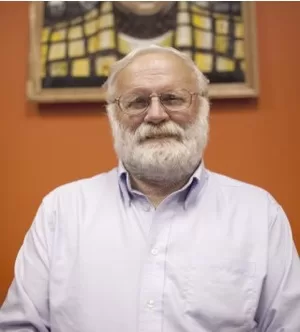
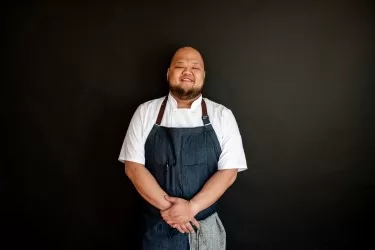
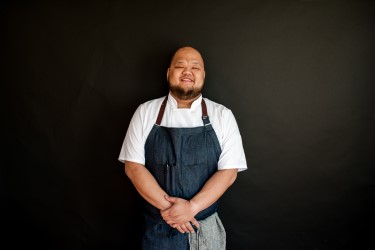 y do we love food so much? Obviously, it is necessary to our survival, and no one enjoys feeling hunger pains. But mere sustenance alone does not warrant hours of labor in a hot kitchen, or toiling in a field on a humid day, or treating generational family recipes like sacred treasures. Surely, our fascination and gravitation toward food goes much deeper.
y do we love food so much? Obviously, it is necessary to our survival, and no one enjoys feeling hunger pains. But mere sustenance alone does not warrant hours of labor in a hot kitchen, or toiling in a field on a humid day, or treating generational family recipes like sacred treasures. Surely, our fascination and gravitation toward food goes much deeper.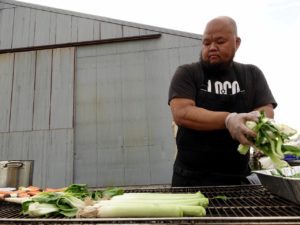
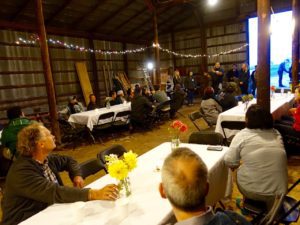
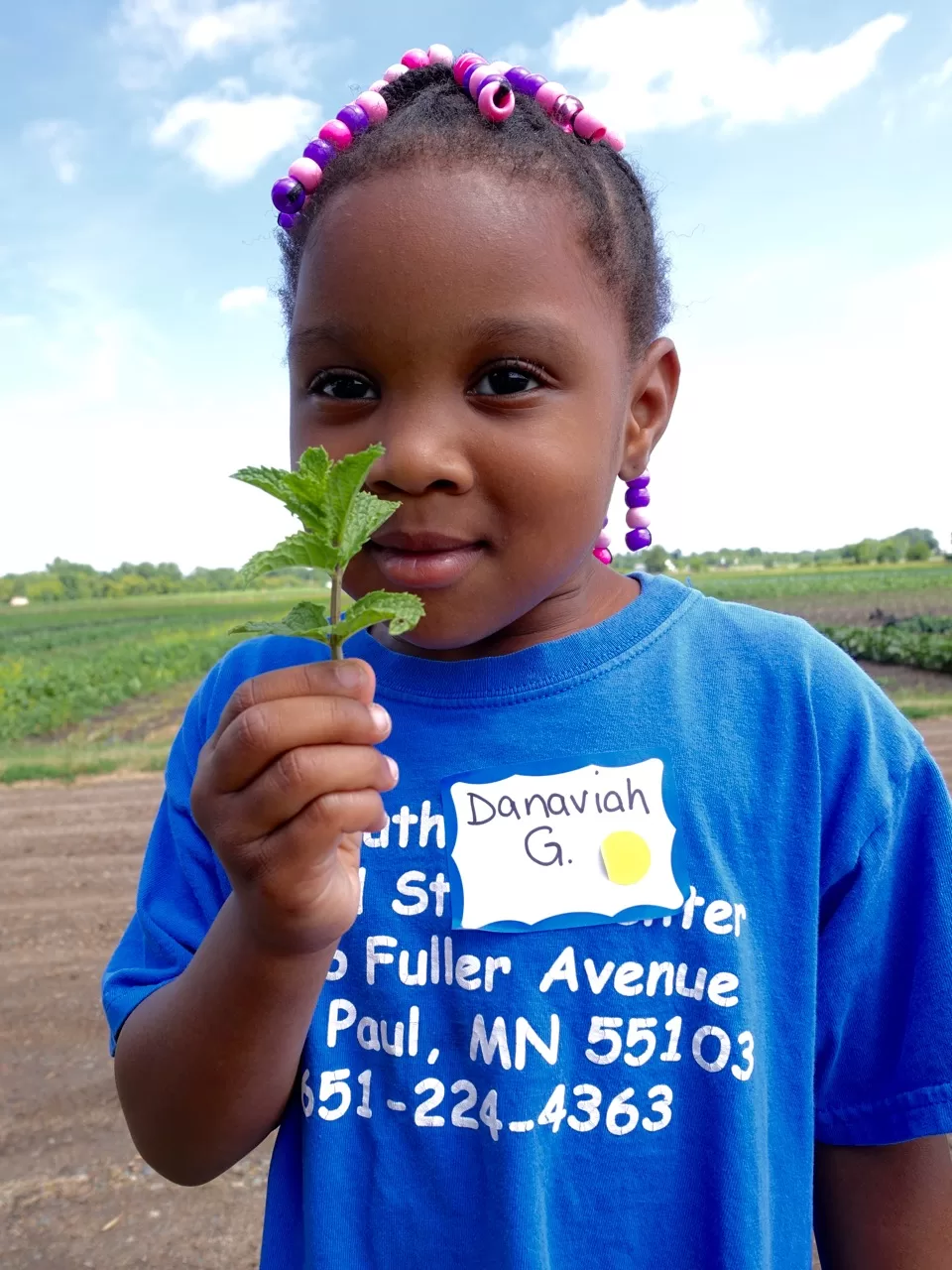
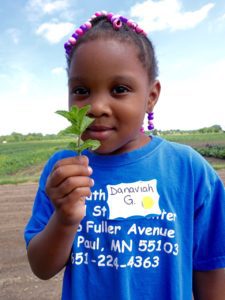 Farm to cafeteria programs are skyrocketing. In 2015, the United States Department of Agriculture (USDA) found that 42% or 42,587 schools in the United States had a program where they were buying locally grown produce. These programs, combined with farm to school activities such as farm tours, were especially effective with pre-K students. But less frequently mentioned is the engagement of food workers in the successful roll out and maintenance of farm to school programs. Interestingly, school cafeteria workers are rarely considered change agents in the campaigns to increase healthy food access or reducing childhood obesity. In Minnesota, this came to light when Philando Castile, a cafeteria worker at the J.J. Hill Montessori Magnet School in Saint Paul, was tragically shot and killed. After his death, the students eloquently spoke about the powerful relationships they had formed with him everyday while they were getting their school lunches. “[A coworker] said that [Philando] Castile would fist-bump kids, make sure they didn’t have food they shouldn’t have and pushed the healthy stuff, too…“You’re still hungry?” she recalled him saying to them. “Well, you didn’t take any of the vegetables.”
Farm to cafeteria programs are skyrocketing. In 2015, the United States Department of Agriculture (USDA) found that 42% or 42,587 schools in the United States had a program where they were buying locally grown produce. These programs, combined with farm to school activities such as farm tours, were especially effective with pre-K students. But less frequently mentioned is the engagement of food workers in the successful roll out and maintenance of farm to school programs. Interestingly, school cafeteria workers are rarely considered change agents in the campaigns to increase healthy food access or reducing childhood obesity. In Minnesota, this came to light when Philando Castile, a cafeteria worker at the J.J. Hill Montessori Magnet School in Saint Paul, was tragically shot and killed. After his death, the students eloquently spoke about the powerful relationships they had formed with him everyday while they were getting their school lunches. “[A coworker] said that [Philando] Castile would fist-bump kids, make sure they didn’t have food they shouldn’t have and pushed the healthy stuff, too…“You’re still hungry?” she recalled him saying to them. “Well, you didn’t take any of the vegetables.”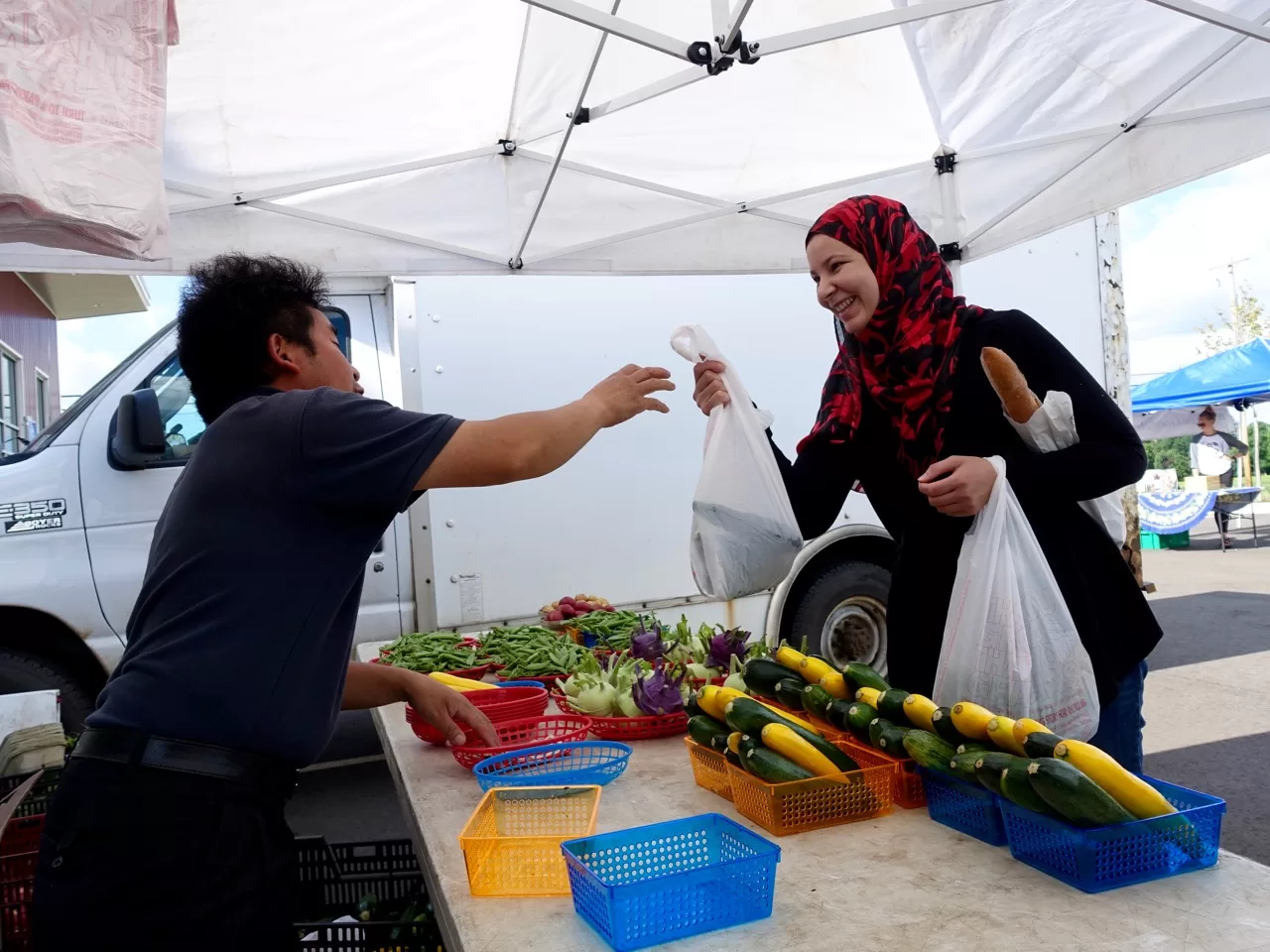
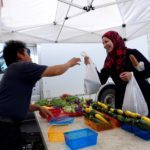
 “Hmong farmers constantly inspire me,” says Mary Ellen Frame, “their adaptability is impressive, they brought knowledge from a place where the climate, soil, pests, weeds, let alone the economy are all so different, yet they still are such skilled farmers here in Minnesota.” Mary Ellen was acquainted with HAFA when she attended
“Hmong farmers constantly inspire me,” says Mary Ellen Frame, “their adaptability is impressive, they brought knowledge from a place where the climate, soil, pests, weeds, let alone the economy are all so different, yet they still are such skilled farmers here in Minnesota.” Mary Ellen was acquainted with HAFA when she attended  We are dedicated to advancing the prosperity of Hmong farmers through cooperative endeavors, capacity building and advocacy. HAFA was started and is led by family farmers. Organizing is in our DNA.
We are dedicated to advancing the prosperity of Hmong farmers through cooperative endeavors, capacity building and advocacy. HAFA was started and is led by family farmers. Organizing is in our DNA.